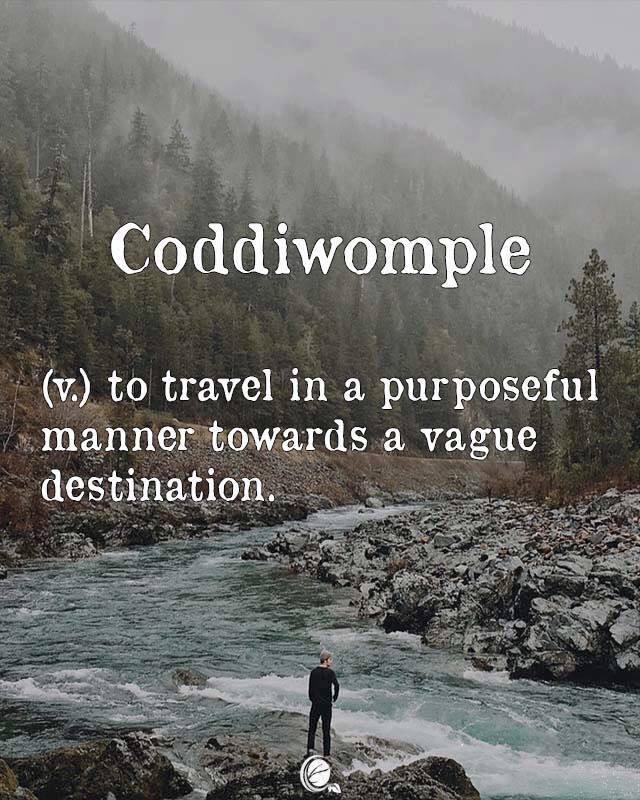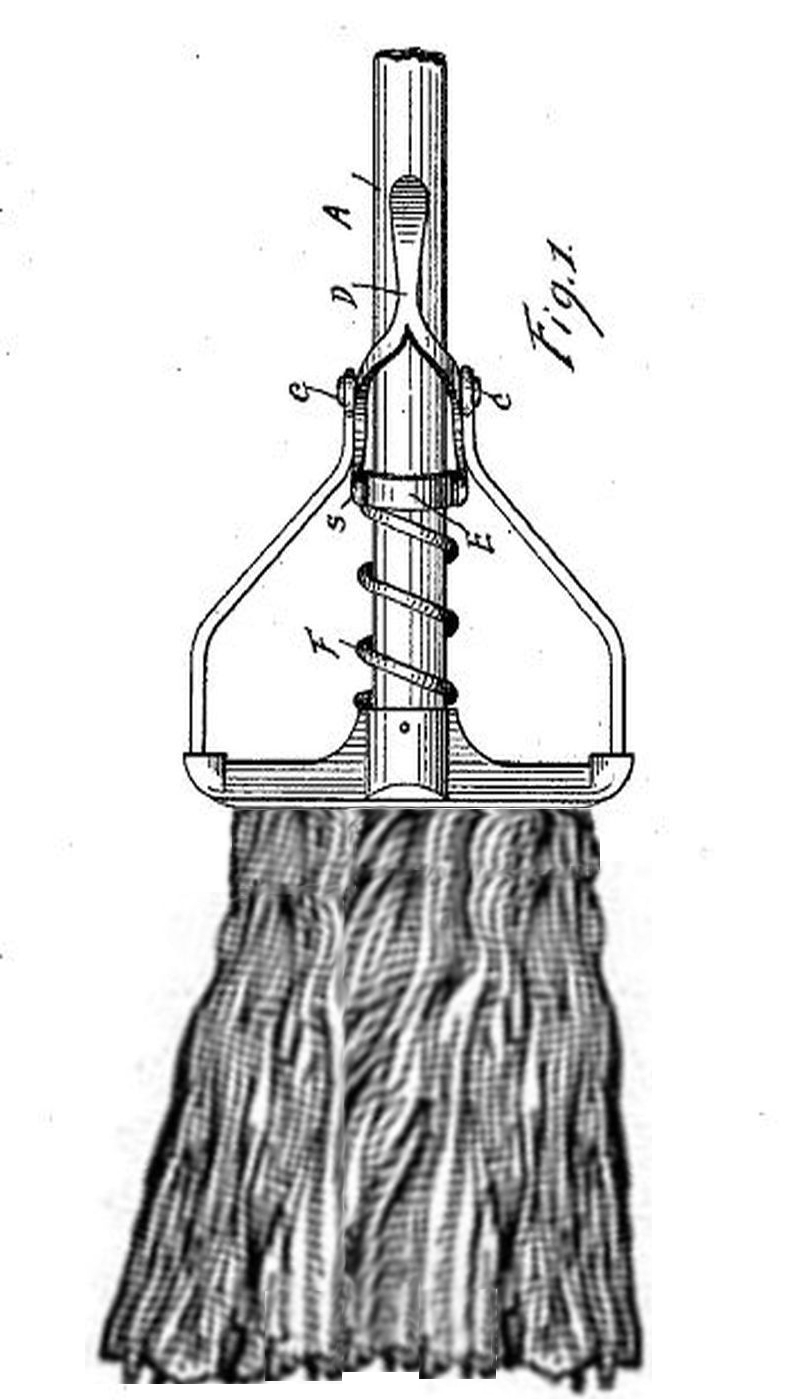 I have been writing, I swear it. It hasn’t been cohesive, notes all over, messy, post-it markers in books, at one point I even had notes on the bathroom mirror because of an idea I had in the shower, but… well, water marker is not good on fogging surfaces.
I have been writing, I swear it. It hasn’t been cohesive, notes all over, messy, post-it markers in books, at one point I even had notes on the bathroom mirror because of an idea I had in the shower, but… well, water marker is not good on fogging surfaces.
When I wrote, ‘Narratives‘, I was already going a bit down the path but hadn’t really done with the idea. Deconstructing narratives in anything you’ve lived your life in is hard – deciding which ones should be deconstructed… and the older you get, the more you have to work on. Fortunately, if you’ve been paying attention, you know what to work with.
I gave into it, letting my mind wander, imagining different worlds in my mind, re-imagining this world, then exploring fictional worlds.
Amazon’s masterful “Rings of Power” has been fun doing it with, because what started off as a children’s story (The Hobbit) grew into a world with languages, scripts, different peoples, different cultures… all from a children’s story… and while we who know Tolkien’s works better than average may find some things not particularly what we agree with, it’s good fiction that is definitely a good story that helps explain the world of Middle Earth. The characters, wow.
Do I have a theory about the Stranger? Sure. It makes no sense telling you because I like the ability to be surprised, and it isn’t something I’m invested in. If you pay attention to what he does, he looks like a young Radagast. Could be one of the blues, but you know what? I would, if I had a book, read to the next page to find out – and good writing is more about that than being accurate because the story isn’t read if it doesn’t have that. Writing stories no one would read is senseless. Go find a government job writing permits somewhere.
Worlds are rewritten all the time even if we think it looks wrong. Oh, and as far as colors of cast – well done, well done.
I do believe that Tolkien also once wrote through one of his characters – perhaps Gandalf – that every good story deserves embellishment. Embellish away, writers of Rings of Power, I’m not so emotionally attached to the canon that I will take umbrage at some revisionism.
Will I like what they do? I have so far, and I feel attachment to key characters. That’s also good writing, and I suppose in video, good acting, special effects, etc, etc. I don’t know that process and won’t pretend to.
Now, compare that to House of Dragons. People are comparing them here and there and they are apples and oranges. To me, Game of Thrones and it’s House of Dragons is more of a soap opera in a fictional universe, where Rings of Power and Tolkien’s works are an epic that started off as a children’s story.
Two different types of taste. I don’t intend derision when I describe House of Dragons that way, some people like that sort of thing and enough people do that George R. Martin has sold more books than me by a few bazillion. He’s good at what he does, the show is good at what it does. The story just isn’t as appealing to me, and I imagine there are those in another camp who don’t like Rings of Power for similar reasons. To each their own.
This is all why deconstructing narratives is so interesting and I daresay important. If we can do that with the fictional universe, what about the narratives we live within?
Doesn’t it seem like we need a bit of embellishment these days? Well, not ‘talking heads’, but ‘characters to inspire and who do important stuff against really crappy odds’. Who is today’s ‘Rocky’? No, not the sequels, the original where you can tell Stallone put everything into it with the tenacity of his character.
So this was a bit of a coddiwomple through things, and also to remind myself to publish more often while I’m off lost in other worlds and building at least one new one.
 Reflection is this powerful thing where we can re-assess things that have happened and see them in a new light. Things in the moment almost always look different when we look back on them.
Reflection is this powerful thing where we can re-assess things that have happened and see them in a new light. Things in the moment almost always look different when we look back on them.  One of the more peculiar things I have learned over the years is that when you mop, the intended outcome is a clean floor. As a young man, my father would always criticize the results of my mopping but never focused on the intended outcome, which confused me a bit.
One of the more peculiar things I have learned over the years is that when you mop, the intended outcome is a clean floor. As a young man, my father would always criticize the results of my mopping but never focused on the intended outcome, which confused me a bit. I have been writing, I swear it. It hasn’t been cohesive, notes all over, messy, post-it markers in books, at one point I even had notes on the bathroom mirror because of an idea I had in the shower, but… well, water marker is not good on fogging surfaces.
I have been writing, I swear it. It hasn’t been cohesive, notes all over, messy, post-it markers in books, at one point I even had notes on the bathroom mirror because of an idea I had in the shower, but… well, water marker is not good on fogging surfaces.